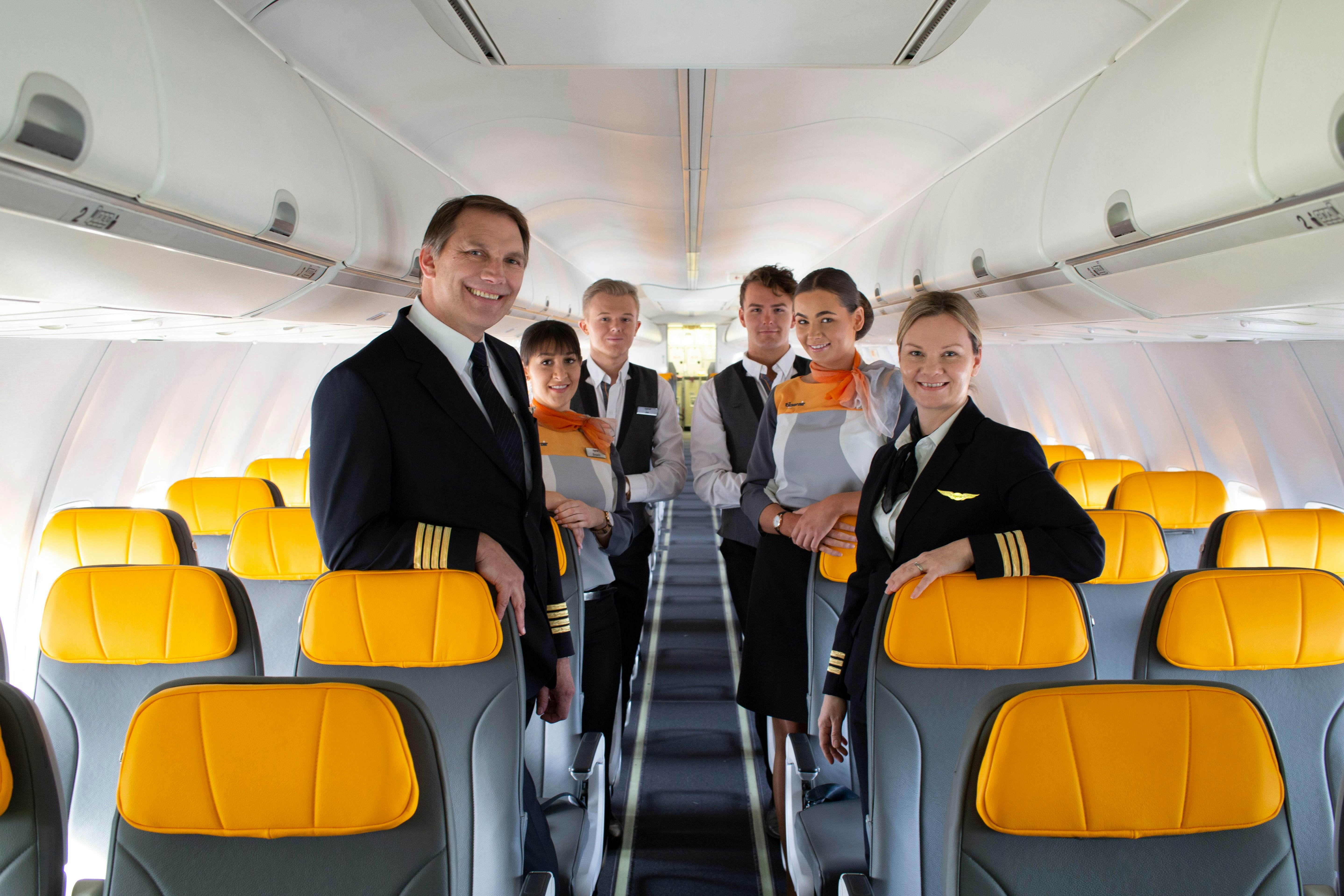Access selected deals available with budget and full-service airlines
Lock any airfare that sounds great. You don’t lose anything if you cancel it
Call us anytime for any assistance. We do not go into hibernation
Your personal and financial information stays secure with us
Tiger Airways Singapore Pte Ltd, operating as Tigerair, was a Singapore-based low-cost airline founded in 2003 and headquartered at Singapore Changi Airport. A subsidiary of Tiger Airways Holdings, it served over 40 regional destinations in Southeast Asia, Australia, China, India, and Bangladesh, focusing on flights within a five-hour radius of Singapore. With a fleet of Airbus A320-family aircraft, Tigerair emphasized affordability, carrying 1.2 million passengers in 2006 and growing steadily. It joined the Singapore Airlines (SIA) Group in 2014, merged with Scoot in July 2017, and ceased operations under the Tigerair brand, with its air operator’s certificate retained by Scoot. Known for low fares, Tigerair faced criticism for delays, poor customer service, and strict baggage policies, reflected in a 1.7/5 rating on ProductReview.com.au. Its legacy persists in Scoot’s expanded network, serving 68 destinations as of 2025.

Tiger Airways Singapore Pte Ltd was incorporated on December 12, 2003, as a low-cost airline to compete in Southeast Asia’s growing budget travel market. Headquartered at the Honeywell Building in Changi, Singapore, it launched ticket sales on August 31, 2004, and commenced operations on September 15, 2004, with a flight to Bangkok. Initially operating from Changi Airport’s Budget Terminal to reduce costs, Tigerair moved to Terminal 2 in 2012 due to the Budget Terminal’s demolition for Terminal 4’s construction, completed in 2017.
In 2006, Tigerair carried 1.2 million passengers, a 75% increase from 2005, driven by low fares and a focus on regional routes within a five-hour radius of Singapore. The airline listed on the Singapore Stock Exchange in 2010 under Tiger Airways Holdings. By 2011, it ordered 30 Airbus A320s worth $2.2 billion, with 20 on option, for delivery between 2011 and 2014. Strategic partnerships with airlines like Thai Airways (forming Thai Tiger Airways) and Mandala Airlines expanded its network without overstretching resources.
In October 2014, Singapore Airlines (SIA) acquired a 56% stake in Tiger Airways Holdings, making it an SIA subsidiary. In November 2015, SIA offered $0.41 per share to acquire the remaining 44.23%, a 32% premium, aiming for over 90% ownership. By January 2016, SIA held 74.5% and extended the offer. On May 18, 2016, SIA established Budget Aviation Holdings to manage Tigerair and Scoot, delisting Tiger Airways from the stock exchange. Tigerair merged with Scoot on July 25, 2017, operating under the Scoot brand while retaining its air operator’s certificate, marking the end of the Tigerair brand.
At its 2017 merger, Tigerair operated a fleet of 23 Airbus A320-family aircraft, including A320-200s (180 seats) and A319-100s (144 seats), with an average age of approximately 5 years. The single aircraft type minimized maintenance costs, aligning with its low-cost model. Post-merger, Scoot integrated Tigerair’s fleet, transitioning to Boeing 787 Dreamliners and A320neos, with 50 aircraft as of 2025, enhancing fuel efficiency by 20% compared to older A320s.
Sustainability efforts under Tigerair were limited, focusing on operational efficiency through high load factors (80–85%) and minimal onboard waste. Scoot’s post-merger initiatives include sustainable aviation fuel (SAF) trials and digital ticketing to reduce paper use. Tigerair’s point-to-point model avoided hub-and-spoke inefficiencies, supporting lower emissions per passenger.